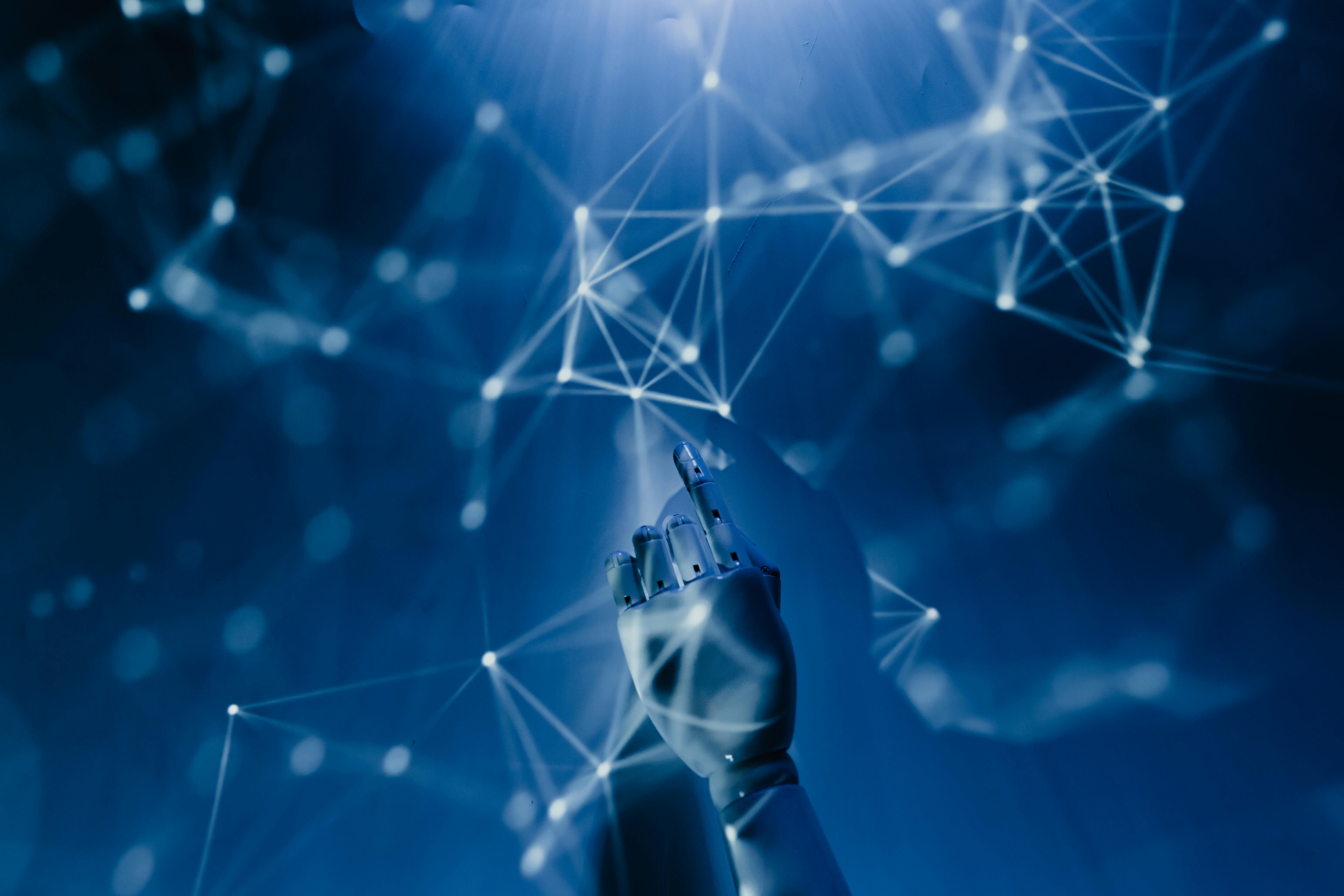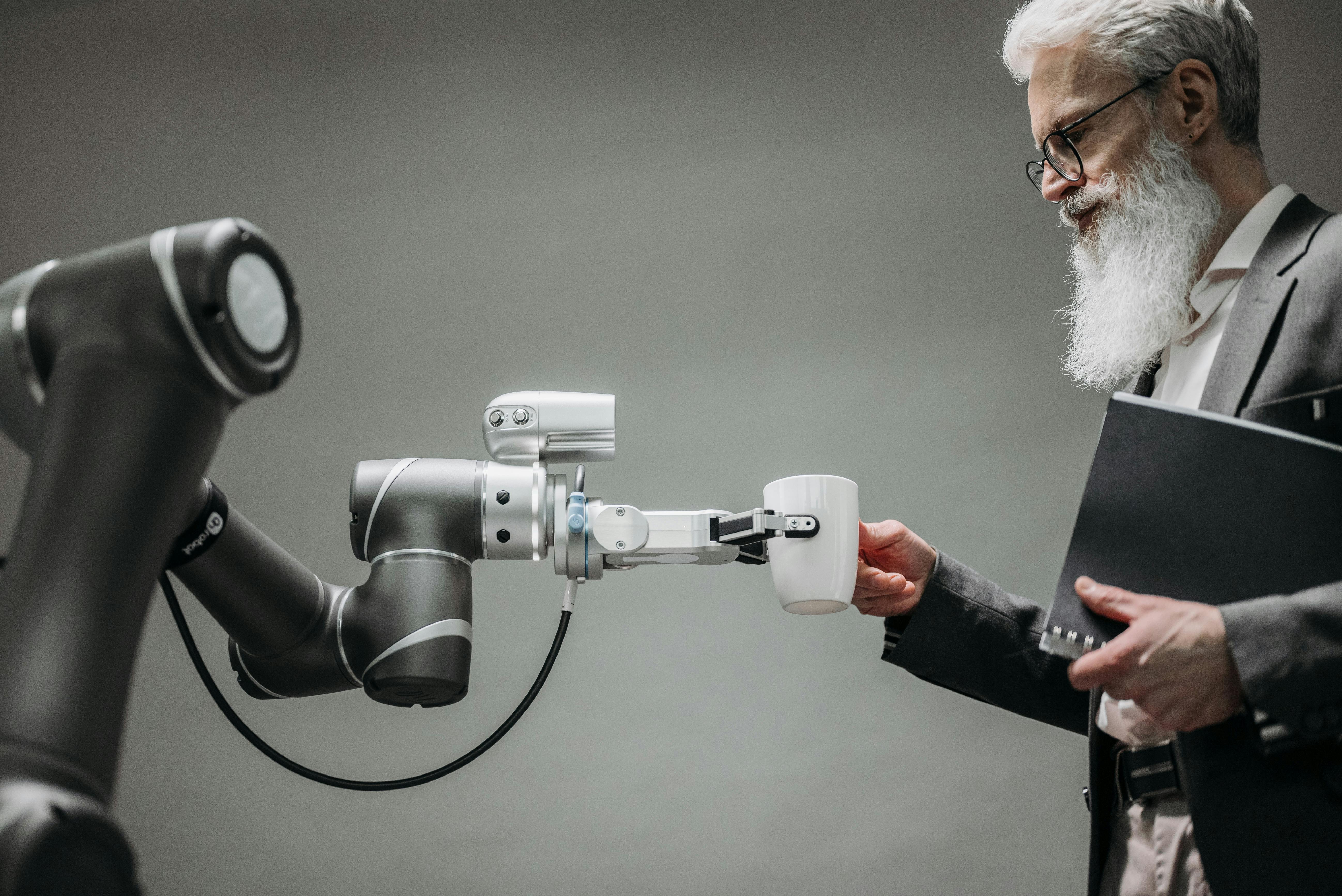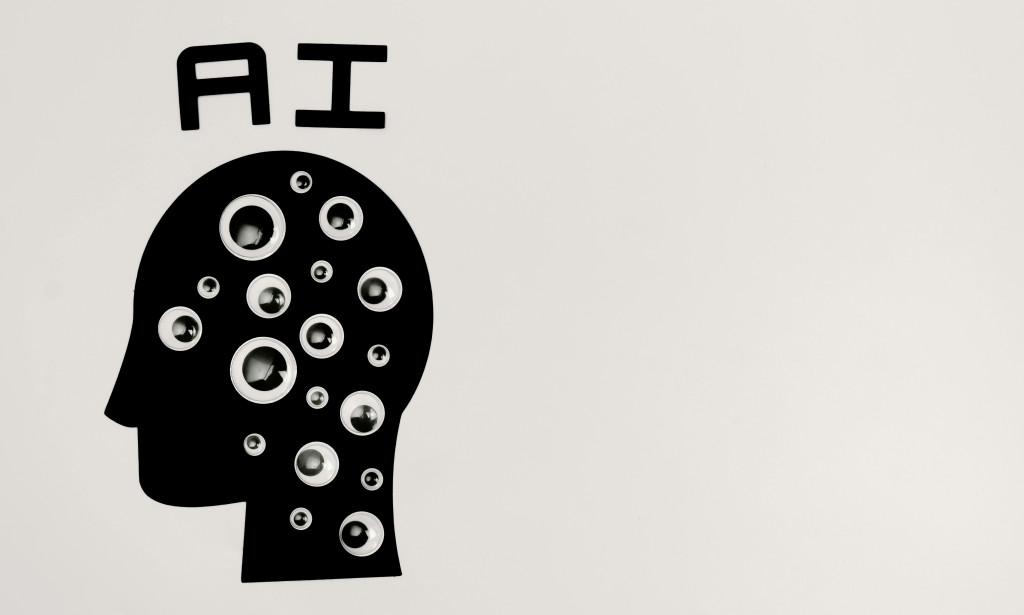Introduction
Artificial intelligence (AI) has become an integral part of our daily lives, revolutionizing the way we live, work, and interact with technology. From virtual assistants to self-driving cars, AI technologies are reshaping various aspects of our world. In this article, we'll delve into the diverse applications of AI in everyday life and explore its profound impact on society.

Understanding Artificial Intelligence
What is AI?
Artificial intelligence allows machines to perform tasks requiring human intelligence, like learning, problem-solving, and decision-making. AI systems utilize algorithms and data to analyze patterns, make predictions, and adapt to changing environments.
Types of AI
There are two main types of AI: narrow AI (also known as weak AI) and general AI.Narrow AI is created to carry out specific tasks, such as recognizing speech or classifying images. General AI, on the other hand, possesses human-like intelligence and can perform a wide range of tasks across different domains.
AI Applications in Daily Life
AI in Communication
AI-powered chatbots and virtual assistants, like Siri and Alexa, have transformed the way we communicate with technology. These virtual helpers can schedule appointments, answer questions, and even engage in natural conversations, enhancing convenience and efficiency.
AI in Entertainment
In the entertainment industry, AI algorithms are used to personalize content recommendations on streaming platforms like Netflix and Spotify. These algorithms analyze user preferences and behavior to suggest movies, music, and TV shows tailored to individual tastes.
AI in Healthcare
AI technologies are revolutionizing healthcare by enabling early disease detection, personalized treatment plans, and medical imaging analysis. Machine learning algorithms can analyze medical data to identify patterns and predict patient outcomes, leading to improved diagnosis and patient care.
AI in Transportation
Self-driving cars powered by AI are poised to revolutionize transportation, promising safer roads, reduced congestion, and increased mobility. These autonomous vehicles use sensors, cameras, and machine learning algorithms to navigate roads and make real-time driving decisions.
AI in Education
In education, AI is transforming teaching and learning through personalized tutoring systems, adaptive learning platforms, and intelligent grading systems. These AI-powered tools help students learn at their own pace, receive immediate feedback, and access tailored learning resources.

Impact of AI on Society
Job Automation
While AI brings numerous benefits, it also raises concerns about job displacement and automation. As AI technologies automate routine tasks, certain jobs may become obsolete, leading to unemployment and economic disruption. However, AI also creates new job opportunities in fields like data science, robotics, and AI development.
Privacy and Security
The widespread adoption of AI raises privacy and security concerns related to data collection, surveillance, and algorithmic bias. As AI systems process vast amounts of personal data, safeguarding privacy becomes paramount to prevent unauthorized access and data breaches. Additionally, ensuring the fairness and transparency of AI algorithms is essential to mitigate bias and discrimination.
Ethical Concerns
AI presents ethical challenges related to decision-making, accountability, and the impact on society. Questions arise about the ethical use of AI in areas such as autonomous weapons, facial recognition, and predictive policing. Addressing these ethical dilemmas requires thoughtful consideration of moral principles and regulatory frameworks to ensure AI benefits society while minimizing harm.
Future of AI
Advancements
The future of AI holds exciting possibilities with ongoing advancements in machine learning, natural language processing, and robotics. Researchers are exploring novel AI techniques, such as deep learning and reinforcement learning, to enhance AI capabilities and achieve human-level intelligence in specific domains.
Potential Risks
Despite its potential benefits, AI also poses risks, including job displacement, privacy breaches, and unintended consequences. Concerns about AI safety, bias, and control raise questions about how to mitigate risks and ensure AI technologies are developed and deployed responsibly.
Integration into Daily Life
As AI continues to evolve, it will become increasingly integrated into everyday life, transforming industries, economies, and societal norms. From smart homes and automated healthcare to AI-powered transportation and personalized education, the impact of AI will be pervasive, reshaping the way we live and interact with the world around us.
Conclusion
In conclusion, artificial intelligence is fundamentally changing our world, offering unprecedented opportunities and challenges. From enhancing communication and entertainment to revolutionizing healthcare and transportation, AI technologies are reshaping various aspects of daily life. However, as we embrace the potential of AI, it's essential to address concerns about job displacement, privacy, and ethics to ensure a future where AI benefits humanity while upholding ethical principles and societal values.


You must be logged in to post a comment.